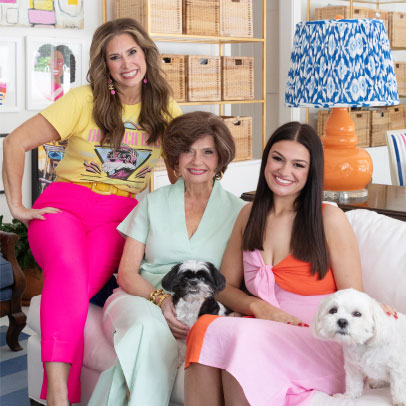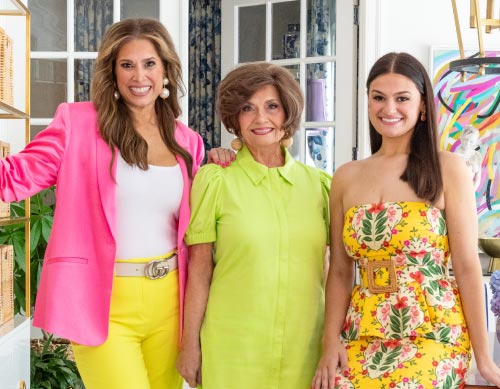
There is so much pressure in creative industries to look the part that it can leave many of us feeling terrified to show up. We don’t know what clothes to wear or what we should look like, so it feels easier to hide away behind our work. But when we are so fixated on judging ourselves or wishing we looked different, we lose sight of how the work we do impacts other people. When you come out of hiding, you can serve more of your people, and today’s guest joins me to help you do exactly that.
Judith Gaton is a stylist and master certified life coach who teaches her clients to use thought work to create a lasting makeover. She offers high-achieving humans styling services and coaching because when you feel better, you dress better. And we’re taking that a step further this week because when you feel better, you show up better for yourself.
Join Judith and I this week as we share the reasons we feel afraid to go out and wear something we want to wear, and why we find ourselves hiding behind our work. We’re discussing the problems with judging our own body image, and showing you how to stop hiding, and start feeling more confident and showing up as your true self.












